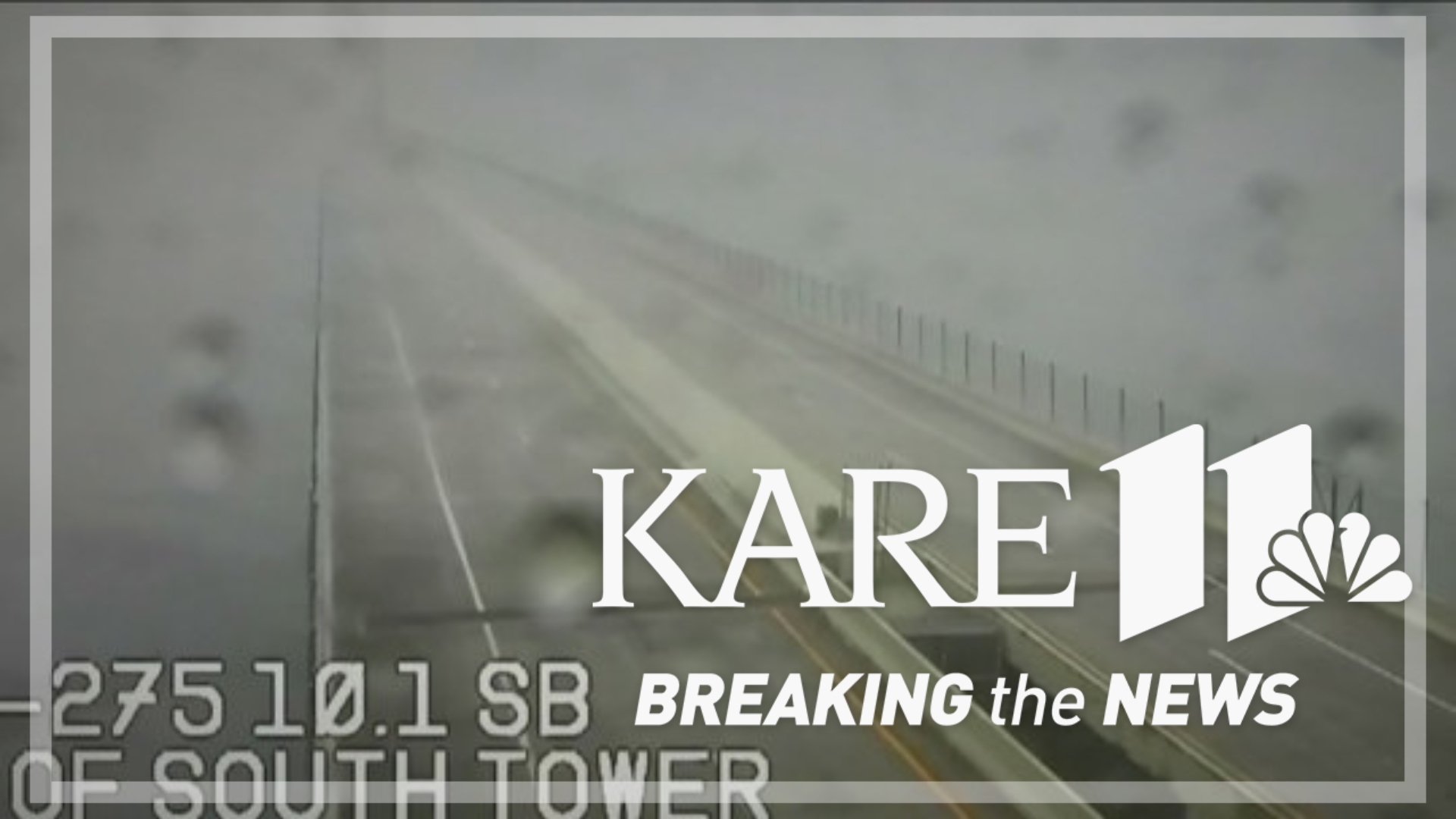MINNEAPOLIS — The size and scope of Hurricane Milton is now so obvious that it can be seen from space, but the speed that it grew is what has been truly breathtaking.
John Morales, a veteran hurricane specialist for NBC 6 South Florida, verbally gasped and grew emotional while watching the storm rapidly intensify.
"It has dropped 50 millibars in 10 hours," Morales said on the station's live stream. "I apologize. This is just horrific."
That video has now gone viral not just because of Morales' emotional reaction, but also because of his frank explanation for it.
"The seas are just so incredibly, incredibly hot, record hot, as you might imagine," Morales said. "You know what's driving that. I don't need to tell you. Global warming. Climate change."
John Abraham, a professor of thermal sciences at the University of St Thomas, has been saying the same for years now.
"The warming that we're seeing is entirely human driven," said Abraham, who has worked with oceanographers to study and track the explosive warming of the ocean. "Think about the energy of a Hiroshima atomic bomb that ended World War II -six times that - every second for the entire year. That's how much heat is going into the ocean."
He says record heat in the Gulf of Mexico is exactly what's fueling Milton.
"When we think about global warming, it's really an energy balance problem," Abraham said. "Ninety percent of the global warming heat ends up in the oceans, and as the ocean waters heat up, that's what gives fuel to these storms. It increases their size, their wind speed, the rainfall and the storm surge. Parts of Florida are expected to get 18 inches of rain as Milton comes ashore."
He sais there's no sign of that trend slowing down. Amid all the warming in the gulf over the past 10 years, this year hit another new high. He said the implications are clear.
"We're not going to get more storms, but the big storms are going to be bigger," Abraham said. "We are seeing more of those big, really destructive storms because of climate change. That, along with that rapid intensification, is what scientists are really focused on."
John Morales shared that exact concern in the wake of Hurricane Helene, he just didn't expect his warning to be realized so soon.
"Climate change is here," Abraham said. "We are well past the point of being able to stop climate change. But there is good news actually. We're not past the point of being able to do something good about it. If we think about climate change, it's going up like a rocket like this. We want to bring the curve down. We have the power to pick a more sustainable path, we just need the political will to do so."

